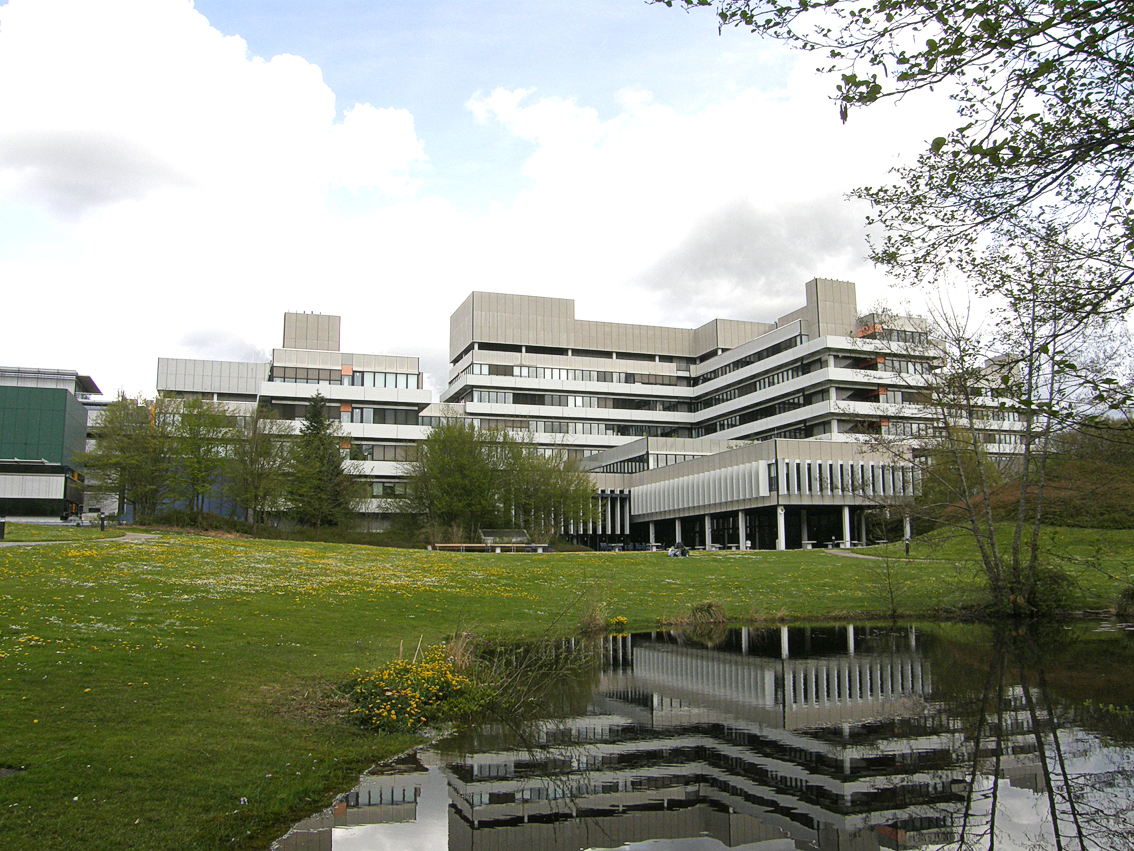Scientists working with methylammonium lead iodide, a perovskite material frequently used in research for low cost, high efficiency solar cells have made a discovery which could both help to explain and control perovskite’s issues with degradation; and allow for the creation of new applications to harness the sun’s energy.
The effect is described in the paper Large tunable photoeffect on ion conduction in halide perovskites and implications for photodecomposition, published in the journal Nature Materials. Scientists observed that charged atoms, or ions, contribute to the light-inducted conductivity of the material much more than was previously thought, and that this mechanism can alter the structure of the material, impairing its efficiency.
The researchers describe the effect as follows: “light initially releases electrons, as is usual in solar cells. The negatively charged electrons leave positively charged holes in the crystal. These neutralize otherwise negatively charged iodide ions within the crystal. Because an uncharged iodine atom is much smaller than an iodide ion, it occupies a so-called interstitial space; a free space in the crystal lattice in which the larger iodide ion does not fit. The resulting gaps in the crystal lattice allow ion conduction in much the same way as electron holes allow electron conduction.”
Though understanding and preventing degradation mechanisms is a key hurdle in the development of perovskite solar cells, the Max Planck researchers say that their new discovery goes beyond this, and that a better understanding of this effect could prove extremely valuable. “Ionic conductivity represents a key phenomenon in an energy research context,” explains Joachim Maier, Director at the Max Planck Institute for Solid State Research. “But in many respects – especially when it comes to exposure to light – it remains terra incognita.”
This content is protected by copyright and may not be reused. If you want to cooperate with us and would like to reuse some of our content, please contact: editors@pv-magazine.com.




By submitting this form you agree to pv magazine using your data for the purposes of publishing your comment.
Your personal data will only be disclosed or otherwise transmitted to third parties for the purposes of spam filtering or if this is necessary for technical maintenance of the website. Any other transfer to third parties will not take place unless this is justified on the basis of applicable data protection regulations or if pv magazine is legally obliged to do so.
You may revoke this consent at any time with effect for the future, in which case your personal data will be deleted immediately. Otherwise, your data will be deleted if pv magazine has processed your request or the purpose of data storage is fulfilled.
Further information on data privacy can be found in our Data Protection Policy.